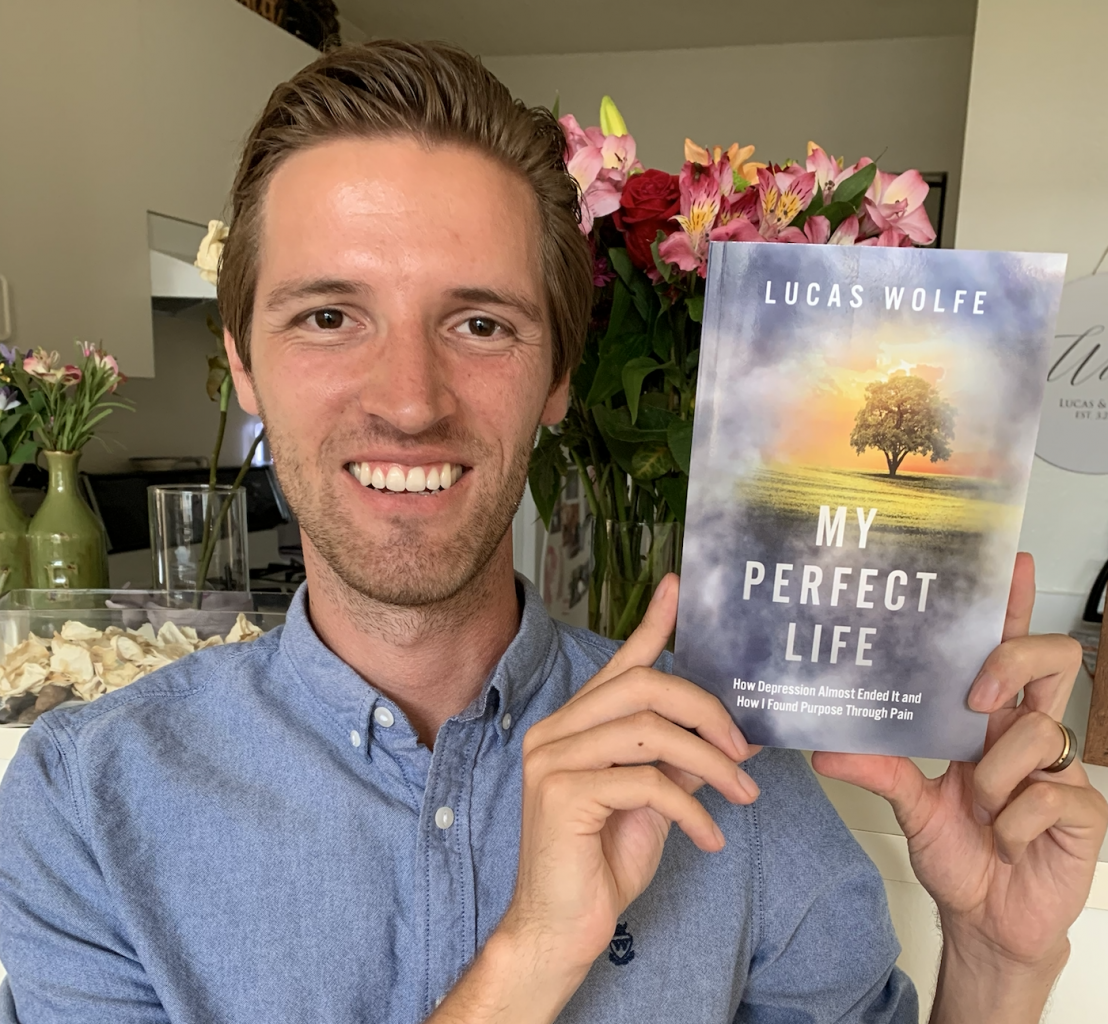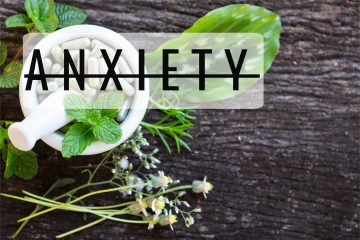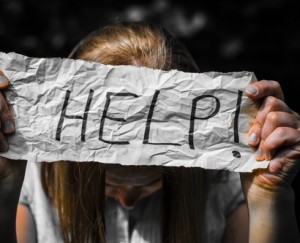Lucas Wolfe: My (Not So) Perfect Life
 Along with some other health care professionals and concerned citizens, I am working on a new Mental Wellness Initiative for the Ridgewood Y. The Y’s service area is huge, so not only are we designing this to reach far beyond the boundaries of one town, the information is applicable to all of us. Understandably, so much of schools’ and government’s resources are spent putting out fires, supporting kids and families in crisis. It is our sincere hope we can put some effort into making a difference further upstream, when we have a chance to prevent mental illness or intervene at the earliest signs of symptoms.
Along with some other health care professionals and concerned citizens, I am working on a new Mental Wellness Initiative for the Ridgewood Y. The Y’s service area is huge, so not only are we designing this to reach far beyond the boundaries of one town, the information is applicable to all of us. Understandably, so much of schools’ and government’s resources are spent putting out fires, supporting kids and families in crisis. It is our sincere hope we can put some effort into making a difference further upstream, when we have a chance to prevent mental illness or intervene at the earliest signs of symptoms.
To that end, our launch programming is designed to reduce the stigma around mental illness and make it easier and more comfortable to have the conversations we too often shy away from or dance around.
On Wednesday, March 3rd, our first speaker, Lucas Wolfe, author of My Perfect Life, told his story to about 150 people via zoom. Even through the screen his message was impactful and the feedback from both teens and adults has been amazing.
If you’d like to watch the recording, please go to the website and request the link and password.
I recommend Lucas’ book to anyone who wants to better understand depression from the inside out and get a better idea of how sly it can be. His story is relatable, enlightening and even at times, humorous.
Here are my takeaways from My Perfect Life and from Wednesday night:
- Depression can happen to anyone. The “not my kid” mentality, while prevalent, is ignorant.
- People who are depressed don’t look like Eyeore. On the outside, they can look like everything is going great, but it is important to understand looks can be deceiving.
- Even those with a “perfect” life on paper, can suffer from mental illness, and actually, the guilt of “What right do I have to feel this way? I have no right to complain!” postpones both recognizing the problem and asking for help.
- Depression is an illness, not a choice.
- There is hope! Treatment is available, and the sooner symptoms are addressed, the more effective help can be.
- Finally, and this is something I learned in a recent QPR Suicide Prevention Training, you cannot make someone depressed by asking how they are and you cannot make someone suicidal by asking if they are thinking about hurting themselves. Asking the uncomfortable question, can trigger the start of someone’s recovery. The training was excellent for overcoming the fear of making things worse.
If you are interested in this QPR Training, we are offering FREE, virtual, one hour sessions in the next couple of weeks. Think of it as CPR for the mind. You can sign up through the link on the website.
March 10th from 7-8 for adults.
March 16th from 3:30 – 4:30 for students.
College aged students are welcome to attend either session.
How to Talk to Kids About Suicide


























